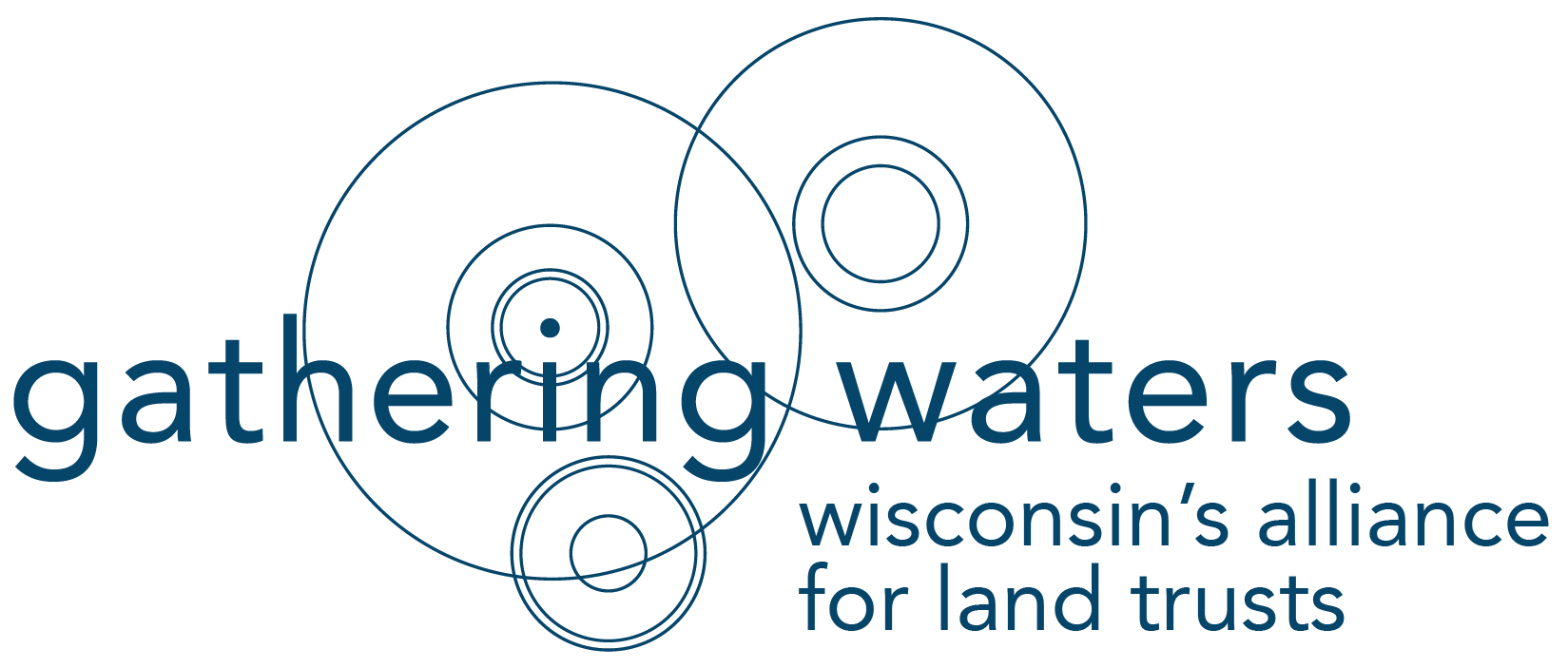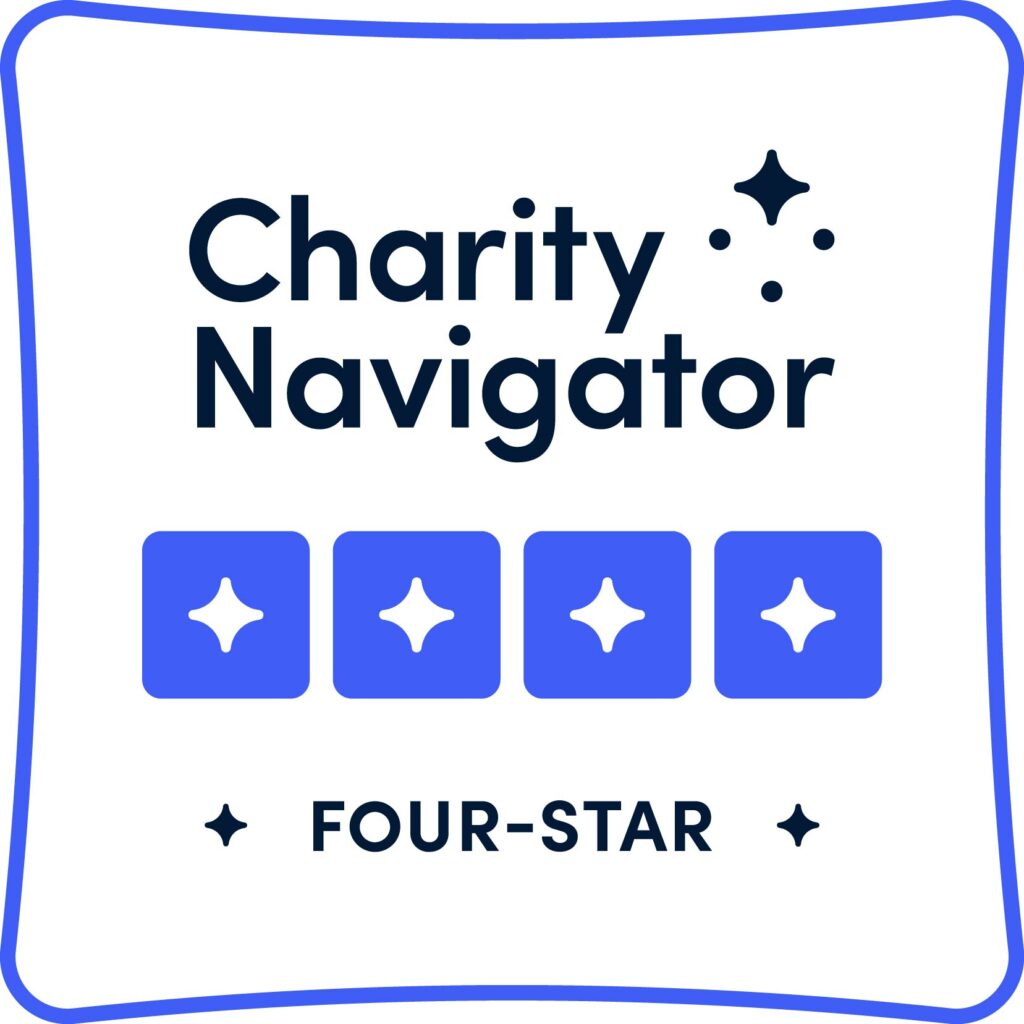Congratulations to five outstanding land conservation individual and organizational leaders who received awards in 2016. These leaders protect, preserve, and restore significant lands in Wisconsin to increase the positive environmental impact of the land, preserve wildlife habitat, and provide outdoor recreational activities for the people who call Wisconsin home, a favorite vacation area, or a place to provide for their families.
Land Trust of the Year – Northeast Wisconsin Land Trust (NEWLT) has helped protect watersheds and forest ecosystems for the past 20 years. Guided by the mission to “preserve lands that protect our waters, landscapes, and natural habitats for this and future generations,” NEWLT has helped conserve thousands of acres. By blending education, collaboration, and outreach efforts with other land trusts and landowners, NEWLT works to ensure the special places in Northeast Wisconsin will remain that way for all to enjoy.
Guided by the idea that “…pollution must be attacked at the source and throughout the entire watershed…,” NEWLT educates landowners about the benefits conservation has, specifically with regards to water resources. “NEWLT recognizes that the first step toward protecting land is helping landowners learn about and build a relationship with their land,” says Katie Beilfuss, Outreach Program Director for Wisconsin Wetlands Association, “they understand it takes time and energy to engage landowners, and that you need to meet people where they are.”
During the past year, NEWLT has employed this principle during their engagement with wetland property owners on Green Bay. With assistance from other organizations, NEWLT has held workshops educating landowners on how wetland and water ecosystems interact and why each depends on the other being healthy to thrive. NEWLT is hoping these efforts will result in protective conservation easements, ensuring the health of Green Bay’s watershed can be enhanced.
In addition to their preservation efforts on the shores of Green Bay, NEWLT is working to acquire a large parcel of land next to the Red Banks Alvar State Natural Area, located by Green Bay. Conserving this land will double the protected acreage of rare alvar habitat; found nowhere else in the state. “NEWLT understands the bigger conservation picture,” says Joe Henry Ecologist at the Department of Natural Resources, “We are very fortunate to have them as a partner in research, education and conservation efforts.”
And all of us in Wisconsin and beyond are fortunate for the efforts of Northeast Wisconsin Land Trust. Due to this reason and many others, Gathering Waters is thrilled to honor the conservancy with the prestigious Land Trust of the Year Award.
Conservationist of the Year–Ron Endres is a private landowner and champion of native ecosystem restoration in Dane County. Ron uses his knowledge and experience to play a unique role in local conservation efforts—collecting, processing, sorting and then donating valuable native plant seeds to land managers and nonprofits. Thanks to Ron’s efforts, native plant diversity has been dramatically enhanced during land restoration projects, ensuring native ecosystems are sustained for all to enjoy.
Ron has devoted thousands of hours to prairie, savannah and oak ecosystem restoration with several conservation organizations. “Ron’s extraordinary knowledge of plants and their preferred habitat has helped countless land managers enhance plant diversity,” says landowner Dennis Connor, “diversity of native plants is absolutely critical for prairie restoration.”
During summer and fall, he seeks out native plant seeds to enhance habitat restoration efforts. This endeavor is incredibly meticulous, as each plant he tracks are found in different habitats and don’t have similar harvest times. “Ron’s seed collecting efforts have saved land managers thousands of dollars,” says landowner Darcy Kind, “this selflessness is leaving a legacy of biological diversity throughout Dane County.”
The extent of Ron’s volunteer efforts is difficult to exact. However it is safe to say that if you are enjoying a prairie or any restored native ecosystem in Dane County, you have Ron to thank for its rehabilitation and plant diversity. Given his unwavering commitment to native habitat restoration, it is Gathering Waters honor to award Ron the prestigious Conservationist of the Year Award.
Harold “Bud” Jordahl Lifetime Achievement Award –Bill Lunney has dedicated more than 45 years to advancing state and local conservation efforts. His leadership serving numerous conservation-based organizations as a board member, founder and Chair has been integral to preserving thousands of acres of land, building strong citizen-based environmental organizations, growing consensus among many stakeholders—particularly public officials—for land preservation, and for promoting a land ethic based on the idea that any land preserved is a gift to future generations.
As Chair of the Dane County Parks Commission, Bill increased the amount of parkland and natural areas. Bill also sponsored county legislation that saved Dunns Marsh and the South Beltline highway wetland habitats. When The Nature Conservancy was conducting conservation efforts with landowners in Door County, Baraboo Hills and Northern Wisconsin to place their land under easements, Bill fulfilled a significant role in completing the process.
However Bill knew that these protected areas had to serve other purposes beyond their ecological ones. That’s why as a Board Member of Natural Heritage Land Trust and Friends of Capital Springs Recreation Area Inc., he oversaw the development and implementation of educational programs. At the Park Commission, Bill created a volunteer program that offers thousands of hours of support annually to the county park system.
Through a variety of roles with different organizations and agencies, Bill expanded Dane County’s Park system, helped place tracts of land all over Wisconsin under conservation easements and aided in the development and implementation of educational and volunteer programs on the lands he helped protect.
These successes would have failed without productive engagement with various stakeholders. “Bill has an ability to lead meetings, diffuse tensions and outline ways forward,” applauds Dane County Parks Director Darren Marsh, “he is exceptionally astute when it comes to personal interactions and motivating people for a cause.” His levelheaded pragmatism paid off in 2000, when Bill helped bring together a broad coalition of support to fend off budget cuts to the Knowles-Nelson Stewardship Fund.
All told, Bill has served, or still serves, as a Board Member for seven different conservation organizations. This total doesn’t include his involvement with nonprofit organizations and government agencies in other fields. What’s telling is the dedication he brings. “Bill commits himself to major fundraising efforts, membership recruitment efforts, developing educational and volunteer programs and ensuring strong organizational capacity,” says Gail Shea, who served on the Board of the Natural Heritage Land Trust with Bill, “he doesn’t just join an organization as a passive board member.”
Bill’s enthusiasm and vision has led to the preservation of thousands of acres of critical habitat, and allowed these areas to serve as educational tools. Dane County and beyond, Bill has made a lasting impact on the conservation movement in Wisconsin. Given these reasons, it is Gathering Waters honor to reward Bill Lunney the prestigious Harold “Bud” Jordahl Lifetime Achievement Award.
Policymaker of the Year–Kevin Shafer is a champion of the Milwaukee River watershed. As Executive Director of the Milwaukee Metropolitan Sewage District, Kevin has fostered a cooperative relationship between the district and a wide range of public and private conservation partners. His leadership has resulted in the implementation of cost effective, creative solutions for reducing water runoff and wastewater discharge with resounding success—drastically improving the water quality of the Milwaukee River watershed.
The conventional method to dealing with storm water is funneling it into a network of concrete pipes and sewers, and directing it into lakes and rivers as quickly as possible. Yet counterproductively, this strategy actually increases the severity and frequency of floods, and pollutes Wisconsin’s precious water resources.
Enter Kevin Shafer. Since 2002, he has shifted the agency’s approach of what it means to manage sewage overflow and runoff.
During his tenure at MMSD, Kevin has guided the agency’s embrace of ‘green’ infrastructure. By utilizing incentive programs that aid homeowners with the costs of rain gardens and rain barrels, in addition to removing the concrete lining and dams in Milwaukee’s watershed, rain water is trapped where it falls.
However Kevin’s most significant achievement is how MMSD collaborates with the communities it serves. “Kevin has transformed the relationship MMSD has with its surrounding communities,” says Christine Nuernberg,
former Mayor of Mequeon, “Kevin’s collaborative approach has replaced the adversarial relationship that predominated the past.”
This newfound cooperation has enabled MMSD to work with municipalities, conservation groups and other stakeholders to implement ‘Greenseams.’ This program places shorelines and wetlands upstream in Milwaukee’s watershed under conservation easements, reducing runoff and the risk of flood that comes with it.
Since Kevin stepped into the Executive Director position at MMSD, overflows in the Milwaukee sewer system have plummeted. By using smart incentive programs, Kevin and MMSD are utilizing the natural benefits wetland and riparian habitats perform. These programs revitalize natural environments, which are rare in urban areas, and save residents money.
“By being a visionary and team player, Kevin has made Milwaukee a national leader in innovative storm water management,” says Jeff Martinka, Executive Director of Neighborhood House of Milwaukee. Given these reasons, it is Gathering Waters honor to present Kevin Shafer with the prestigious Policymaker of the Year Award.
Rod Nilsestuen Award for Working Lands Preservation – Partners in Forestry Cooperative (PIF) is a land owner’s cooperative that has been instrumental in the direct protection of thousands of acres of forestland in Vilas County. The organization has been educating and informing legislators and landowners about the legal tools and benefits of sustainable forestry through tours, workshops and newsletters since 2001.
PIC’s approach to conservation employs economic rationale as much as ecological. The organization helps private land owners enroll their forested land into the Managed Forest Land (MFL) program. This program, run by the Wisconsin Department of Natural Resources, prevents development of the land, much like a regular conservation easements, but allows the owner to sustainably harvest timber. Therefore, landowners can derive wealth from their property without dramatically altering it. “Without PIF’s education and outreach efforts, many landowners would not have been able to take advantage of MFL,” says Rod Sharka, a Vilas County resident and PIF Board Member.
PIF’s most recent efforts resulted in the permanent conservation, and MFL enrollment, of over 1000 acres and two miles of Wisconsin River habitat. PIF’s advocacy was crucial to this conservation success story, as the property had originally been purchased by a realtor who had intentions to develop it.
Once a tract of land is protected, PIF assists owners with the forestry itself. “Their newsletters and workshops have included tree species life-cycle requirements, sustainable forest management practices, recognizing and treating invasive species, forest impacts from a changing climate, tax implications of harvesting timber, federal land exchanges, managed forest law, edible plants, information on unique forest animals and the list goes on and on,” says Matt Dallman, Director of Conservation at The Nature Conservancy, “they are very thorough.”
Without PIF’s expertise of Wisconsin forestry law, large swaths of forest ecosystems would have met different fates. Their educational and outreach efforts have simultaneously protected critical habitats and allowed landowners to benefit economically. PIF is demonstrating that having healthy environments are conducive to stimulating economic activity, and one doesn’t need to take preference over the other. This is why it is Gathering Waters honor to present Partners in Forestry Cooperative with the Rob Nilsestuen Award for Work Lands Preservation Award.


